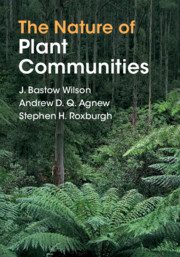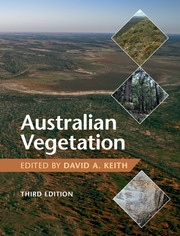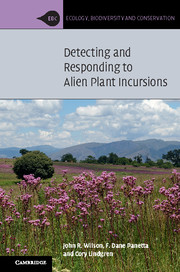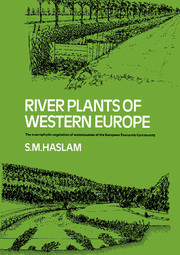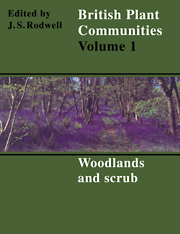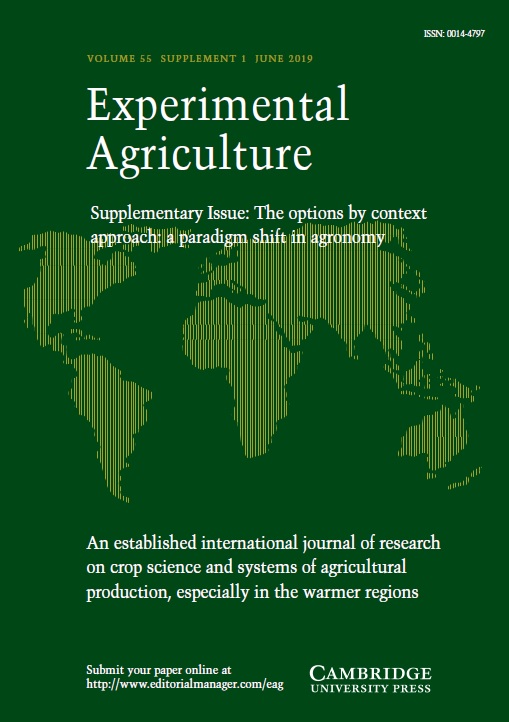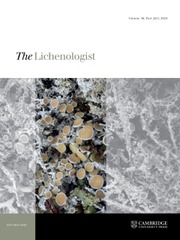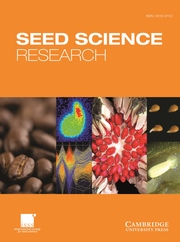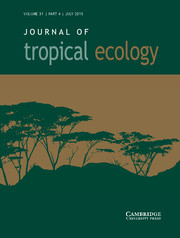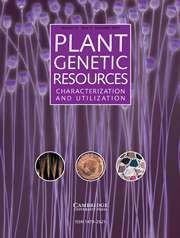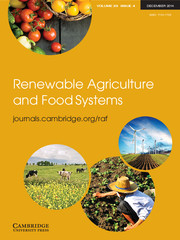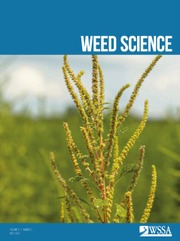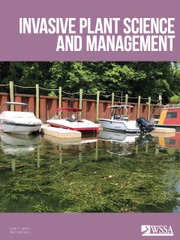The Nature of Plant Communities
$75.99 USD
- Authors:
- J. Bastow Wilson, University of Otago, New Zealand
- Andrew D. Q. Agnew, Aberystwyth University
- Stephen H. Roxburgh, Commonwealth Scientific and Industrial Research Organisation, Canberra
- Date Published: March 2019
- availability: This ISBN is for an eBook version which is distributed on our behalf by a third party.
- format: Adobe eBook Reader
- isbn: 9781108656283
Find out more about Cambridge eBooks
$
75.99 USD
Adobe eBook Reader
Other available formats:
Hardback
Looking for an inspection copy?
This title is not currently available on inspection
-
Most people can readily identify a forest, or a grassland, or a wetland - these are the simple labels we give different plant communities. The aim of this book is to move beyond these simple descriptions to investigate the 'hidden' structure of vegetation, asking questions such as how do species in a community persist over time? What prevents the strongest species from taking over? And, are there rules that confer stability and produce repeatable patterns? Answers to these questions are fundamental to community ecology, and for the successful management of the world's varied ecosystems, many of which are currently under threat. In addition to reviewing and synthesising our current knowledge of species interactions and community assembly, this book also seeks to offer a different viewpoint - to challenge the reader, and to stimulate ecologists to think differently about plant communities and the processes that shape them.
Read more- Stimulates reader to think deeply about plant community ecology, and to question the current status and direction of the discipline
- Identifies gaps in the information available for a general understanding of plant communities
- Presents new insights and tools for tackling contemporary problems, such as impacts of global change
Reviews & endorsements
'For anyone working in the large field of plant ecology, and teaching courses in ecology and other topics, this book may provide some new food for thought. It might be used in a graduate seminar course or as background reading for students new to the field as they are developing their career foundations and graduate research plans Suzanne Koptur, Plant Science Bulletin
See more reviews'… a very enjoyable read.' Scott L. Collins, The Quarterly Review of Biology
Customer reviews
Not yet reviewed
Be the first to review
Review was not posted due to profanity
×Product details
- Date Published: March 2019
- format: Adobe eBook Reader
- isbn: 9781108656283
- contains: 57 b/w illus. 12 tables
- availability: This ISBN is for an eBook version which is distributed on our behalf by a third party.
Table of Contents
1. Plants are strange and wondrous beings
2. Interactions between species
3. Mechanisms of co-existence
4. Community-level processes
5. Assembly rules
6. Theories and their predictions
7. Synthesis.
Sorry, this resource is locked
Please register or sign in to request access. If you are having problems accessing these resources please email [email protected]
Register Sign in» Proceed
You are now leaving the Cambridge University Press website. Your eBook purchase and download will be completed by our partner www.ebooks.com. Please see the permission section of the www.ebooks.com catalogue page for details of the print & copy limits on our eBooks.
Continue ×Are you sure you want to delete your account?
This cannot be undone.
Thank you for your feedback which will help us improve our service.
If you requested a response, we will make sure to get back to you shortly.
×
